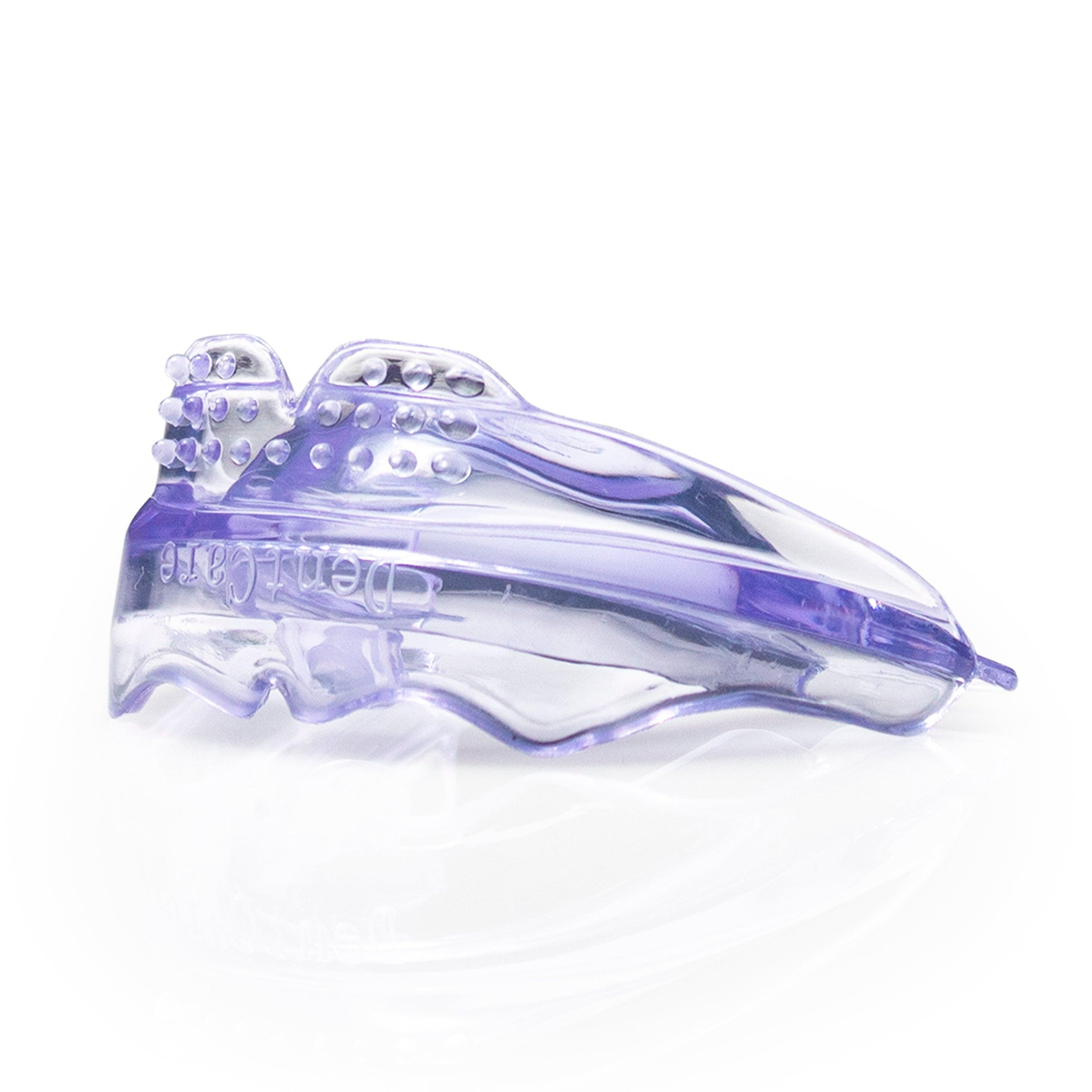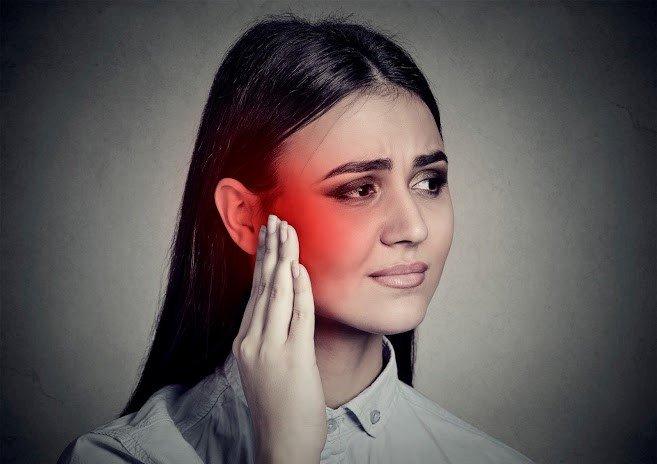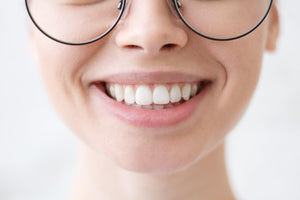Let’s talk about Bruxism
Do you ever experience a dull, throbbing pain in your jaw muscles? A clicking or popping sound when you open your mouth wide? If so, you may be one of the many people who suffer from bruxism. Bruxism is a condition that causes you to clench or grind your teeth. If left untreated, bruxism can lead to several more serious conditions. In this blog post, we will discuss the causes and symptoms of bruxism, as well as some tips for treating and preventing it. We hope you find this information helpful!
What is bruxism and what are the symptoms?
Bruxism is the condition of teeth grinding and jaw clenching. A sufferer of Bruxism may unconsciously clench their teeth while their awake, or grind them while asleep. It is a very common problem, affecting an estimated 10% of the population.

Bruxism has the following symptoms:
- Clenching or grinding teeth. This could be loud enough to wake your partner
- Flattened, fractured or loose teeth
- Teeth with worn enamel
- An increase in tooth pain or sensitivity
- Pain in the jaw or neck
- Disruption of sleep
- Tight or tired jaw muscles
- Locked jaw
What causes bruxism?
While the cause of bruxism is not known for sure, there are several things that may trigger it. There are two main types of bruxism, and each has its own set of causes.
“Awake bruxism” can be caused by high emotions such as anxiety, stress, tension, frustration or anger. It could also be a coping mechanism or a subconsciously formed habit during deep concentration.

“Sleep bruxism” can be caused by sleep apnea (A potentially serious sleep disorder in which breathing repeatedly stops and starts) or a sleep-related chewing activity.

Are there any steps you can take to reduce your risk of developing bruxism or its associated problems?
Reduce your stress & anxiety levels. High levels of stress can lead to teeth grinding.
Adjust your personality type. An aggressive or competitive personality type can increase your risk of bruxism. Try to become a calmer, more level-headed person to decrease this risk.
Reduce or stop the use of substances. Drinking alcohol or caffeinated drinks, smoking cigarettes or using recreational drugs could increase your risk of bruxism. Cut down on or completely stop these activities.
Bruxism can lead to other health conditions, such as migraines or temporomandibular joint disorder (TMJ)
While most people who suffer from bruxism are unaware that they do so, it can lead to a host of problems. People who grind their teeth or ‘brux’ while sleeping are more likely to have other sleep disorders such as snoring or pauses in breathing (sleep apnea).

Severe bruxism could lead to badly damaged teeth, tension headaches or migraines, severe jaw pain, or even disorders in the temporomandibular joints or TMJs (located just in front of your ears, it may make a clicking sound when you open and close your mouth).

What should you do if you think you might have bruxism or one of its related conditions?
One of the simplest and most cost-effective ways that you can help yourself is to order an Alidon Stage 1 mouthpiece. Our mouthpiece keeps your top and bottom teeth separated to avoid the pressure being exerted on the teeth. It will position your jaw naturally, in order to prevent any further strain on the bone or muscles encasing the jaw. It also reduces the risk of chipped or damaged teeth and will help with sensitivity issues as well.

References
Mayo Clinic staff. (2017, August 10). Bruxism (teeth grinding). Retrieved from Mayo Clinic: https://www.mayoclinic.org/diseases-conditions/bruxism/symptoms-causes/syc-20356095







